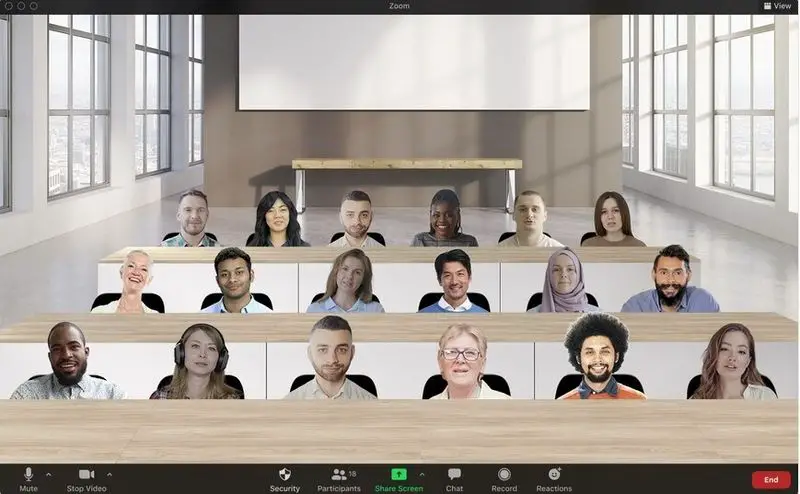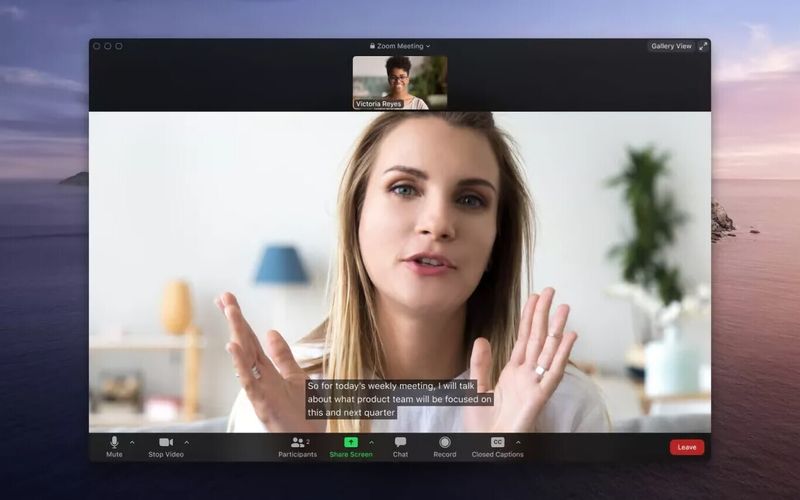Zoom has agreed to pay $85 million to settle a lawsuit that accused the video conferencing giant of violating users’ privacy by sharing their data with third parties without permission and enabling incidents known as “Zoombombing.”
That lawsuit was filed in March 2020, at the height of the platform’s boom thanks to Zoombombing, in the U.S. Northern District Court of California and has just been settled thanks to the aforementioned amount. The settlement requires the approval of the district judge in San Jose (the capital of the Santa Clara Valley, where Silicon Valley is located and where Zoon is headquartered), California, to be finalized.
Although Zoom collected about $1.3 billion in Zoom Meetings subscriptions, plaintiffs’ lawyers called the $85 million settlement reasonable given the risks of litigation. They intend to seek up to $21.25 million for legal fees.
Zoom’s obligations to address the lawsuit

On the one hand, there is the agreement to pay $85 million, for which customers could receive a refund of 15% of their subscription or $25 or $15 if the lawsuit reaches class-action status.
On top of this, Zoom has said it will take additional steps to prevent trespassers from crashing meetings. For example, it will have to alert users when meeting hosts or other participants use third-party applications in meetings, and it will have to provide specialized training to employees on privacy and data handling.
Zoom’s privacy issues

Zoom has faced many accusations related to lack of privacy on the platform, especially since it became so popular in the mass confinement we experienced in spring 2020 to curb Covid-19 contagions (the pandemic has hyper-connected us, it has come to be said).
One of the first controversies came in March when it was discovered that the Zoom app for iOS shared location and other data with Facebook without permission, something that was fixed with an update and an apology. Another controversy came when it was made public that Zoom video calls were not end-to-end encrypted. The University of Toronto concluded that Zoom’s encryption made it easier for China to monitor video calls from users around the world.
All these scandals forced the company to keep announcing security updates and new privacy features to regain users’ trust, such as upgrades or versions more focused on these issues.
The lawsuit also accuses Zoom of sharing data with other social networks

It should be recalled that the lawsuit filed in March 2020 and results (for the moment) today also accused the company of sharing users’ data with third parties, such as Facebook, Google, and LinkedIn.
For this reason, the platform will now have to alert users when meeting hosts or other participants use third-party applications in meetings.





